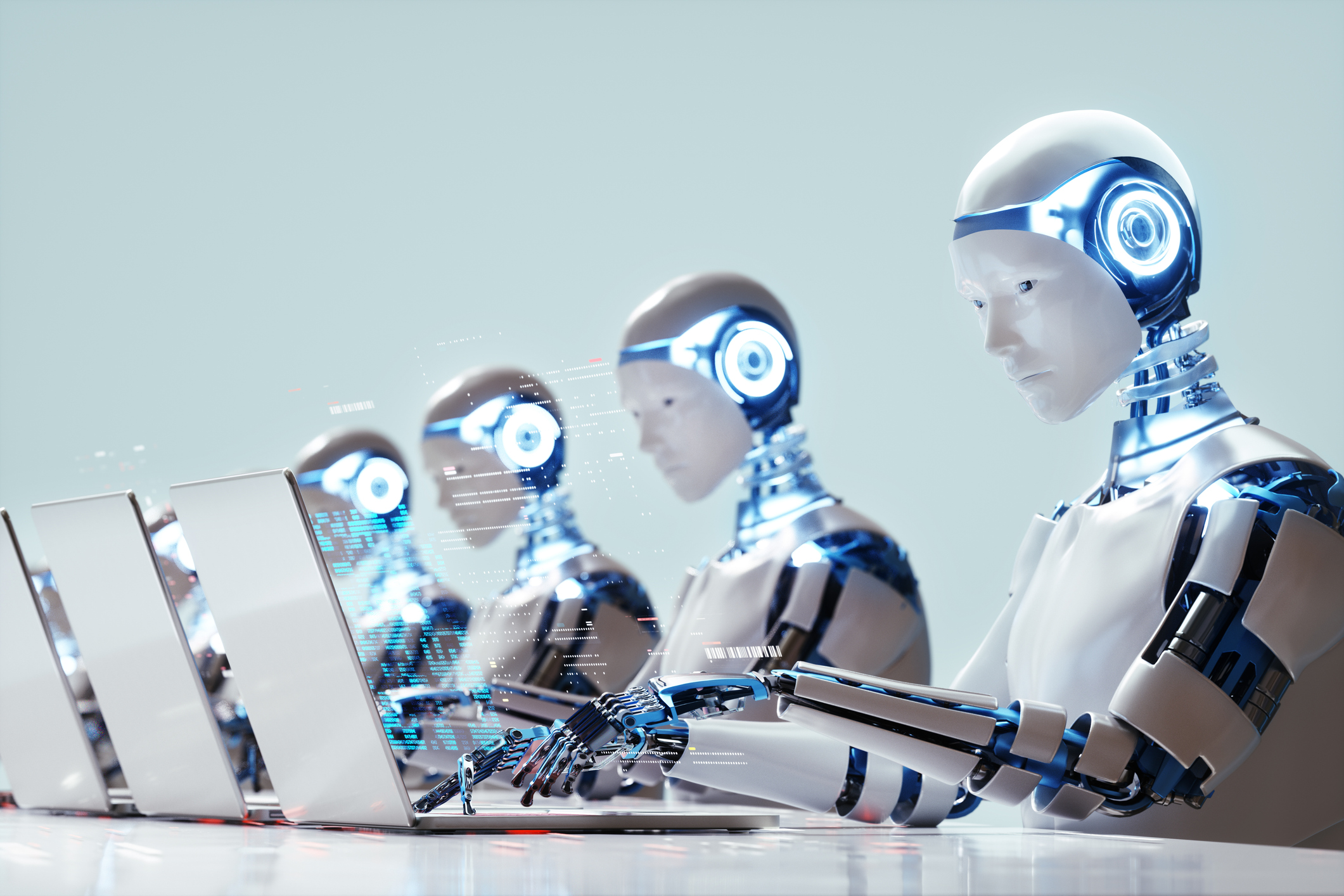The artificial intelligence (AI) landscape is undergoing a profound transformation, moving away from its reliance on Graphics Processing Units (GPUs). These powerful computer chips, initially designed for rendering graphics, have been the backbone of AI advancements for over a decade, enabling breakthroughs in deep learning, natural language processing, and self-driving cars. However, as AI systems become increasingly complex and demanding, the limitations of GPUs are becoming increasingly apparent.
GPUs are inherently energy-intensive, requiring vast amounts of electricity and water to power the complex calculations that underpin AI training. This contributes to rising operational costs and raises significant environmental concerns due to the carbon emissions associated with energy and water consumption. Furthermore, while adept at parallel processing, GPU architecture must facilitate handling the massive datasets and intricate algorithms that characterize modern AI workloads. This results in bottlenecks and inefficiencies that hinder developing and deploying advanced AI applications.
Beyond these technical limitations, the reliance on GPUs raises critical questions about sustainability and global equity. The production of GPUs depends
heavily on rare earth minerals, with Africa serving as a primary source of these essential resources. While the continent possesses abundant reserves of cobalt, nickel, and other critical minerals, the extraction and processing of these materials often come at a high cost. Child labor, exploitative working conditions, and environmental degradation are prevalent in many mining regions, highlighting the urgent need for ethical and sustainable practices in the industry.
Moreover, the current model of resource extraction perpetuates a system of global inequality. Despite being rich in natural resources, African nations often derive minimal economic benefit from their extraction. Raw materials are exported to other countries for processing and manufacturing, leaving African economies with little value addition and limited opportunities for technological advancement. This disparity underscores the need for a more equitable distribution of the benefits generated by the AI industry.
Loading...
Fortunately, the AI landscape is evolving, presenting an opportunity to address these challenges and forge a more sustainable and inclusive path forward.
The industry is gradually shifting towards specialized hardware, such as Tensor Processing Units (TPUs) and neuromorphic chips, which offer significant advantages over GPUs. These alternatives are explicitly designed for AI workloads, delivering superior performance, energy efficiency, and scalability.
This transition presents a unique opportunity for Africa to redefine its role in the AI ecosystem. The continent can become a leader in developing and manufacturing next-generation AI hardware by moving beyond its current position as a raw material supplier and embracing innovation. This would boost economic development, create high-skilled jobs, and empower African researchers and entrepreneurs to contribute to the global advancement of AI.
Strategic investments and collaborative efforts are essential to realize this vision. African governments, research institutions, and private sector companies must work together to foster a thriving AI ecosystem. This includes supporting local startups, promoting research and development in AI hardware, and attracting investment in manufacturing facilities crucial to ensure that Africa benefits from technology transfer and knowledge sharing.
The United Nations (UN) is vital in facilitating this transition. Recognizing the importance of responsible sourcing and equitable benefit-sharing, the UN has established a panel on critical energy transition minerals. This initiative brings together stakeholders from governments, international organizations, industry, and civil society to develop global principles that protect environmental and social standards throughout the mineral value chain.
By fostering collaboration and transparency, the UN aims to ensure that the transition to sustainable AI technologies does not exacerbate existing inequalities but creates opportunities for all nations to participate in and benefit from the AI revolution. This includes promoting fair trade practices, supporting capacity building in developing countries, and encouraging the adoption of circular economy models that reduce reliance on raw materials and minimize environmental impact. Africa is poised to become a key player in the future of AI. With its abundant mineral resources, growing technology hubs, and a young, dynamic population, the continent has the potential to drive innovation and shape the development of AI in ways that benefit not only Africa but the entire world. By embracing this opportunity, we can create a more inclusive and sustainable AI ecosystem that empowers all nations and contributes to a better future for humanity.
Loading...
